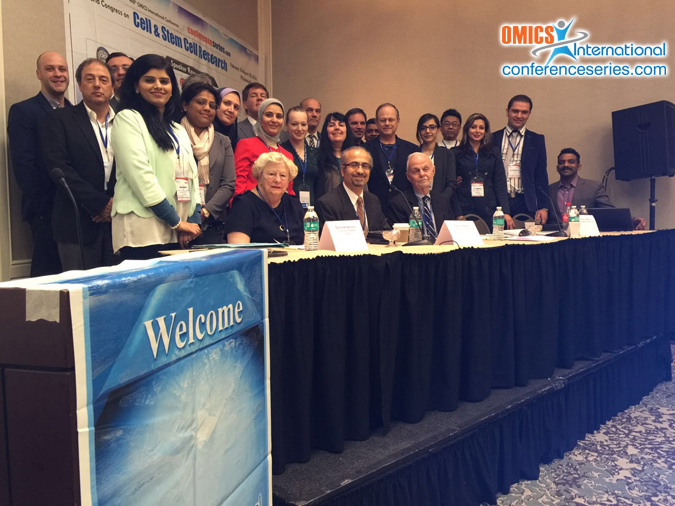
Georg F. Weber
University of Cincinnati Academic Health Center, USA
Title: Mechanisms of cancer progression: the roles of osteopontin variants
Biography
Biography: Georg F. Weber
Abstract
Metastasis formation is an essential aspect of cancer. While the organ preference for dissemination is largely governed by tumor–host interactions on the epigenetic level, there is a genetic basis underlying the ability of cancer cells to disseminate. Metastasis genes are comprised of developmentally non-essential stress response genes, which encode homing receptors, their ligands, and extracellular matrix-degrading proteinases. They jointly cause invasion and anchorage-independence. Metastatic potential is conferred to cancer cells by aberrant expression or splicing of these genes, which include variant CD44 and osteopontin. The CD44-dependent spread of tumor cells is mediated by its cytokine ligand osteopontin, which induces directed migration. A C-terminal osteopontin domain ligates the variant exon 6 of CD44 through a protein-protein interaction and is likely to bind to variant exon 3 through a heparin bridge.rnOsteopontin is expressed at high levels by various cancers and contributes importantly to their invasive potential. In contrast, osteopontin derived from host cells induces cellular immunity and could bolster anti-tumor protection by cytotoxic T-lymphocytes. Underlying the functional differences between tumor-derived and host-derived osteopontin are structural characteristics. The osteopontin gene product is subject to alternative splicing, which yields three RNA messages, osteopontin-a (full length), osteopontin-b (lacking exon 5), and osteopontin-c (lacking exon 4). The shorter forms -b and -c are differentially expressed in cancers, but are absent from healthy tissues.rnThe major limiting factor in the process of metastasis formation is the death of the tumor cells before their implantation in target organs. Hence, anchorage-independent survival is essential for metastasis. While untransformed non-hematopoietic cells undergo anoikis consecutive to losing contact with their substratum, cancer cells can survive in the circulation for extended periods of time. The detachment of mammary epithelial cells prompts a loss of glucose transport and ATP deficiency, thus compromising the energy metabolism. Invasive breast tumor cells abundantly express two splice variants of the metastasis gene osteopontin. Osteopontin-a and osteopontin-c synergize in supporting tumor progression via up-regulating the energy production, which leads to deadherent survival. Osteopontin splice variants hold promise as potential drug targets.rn

